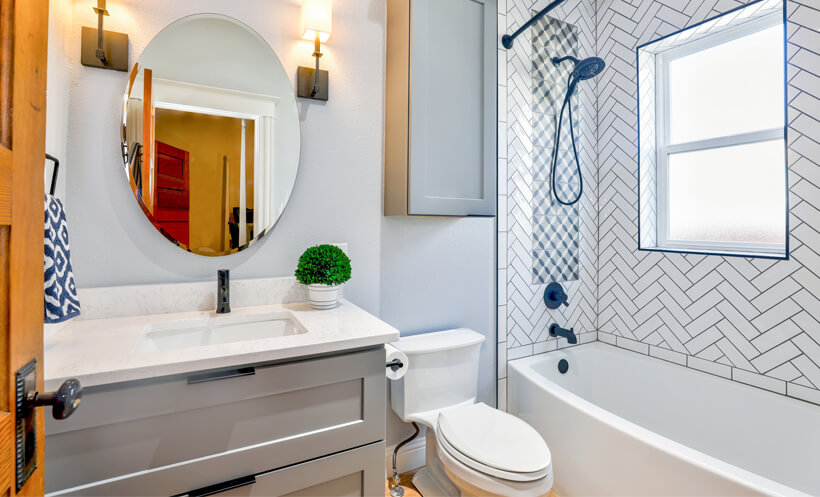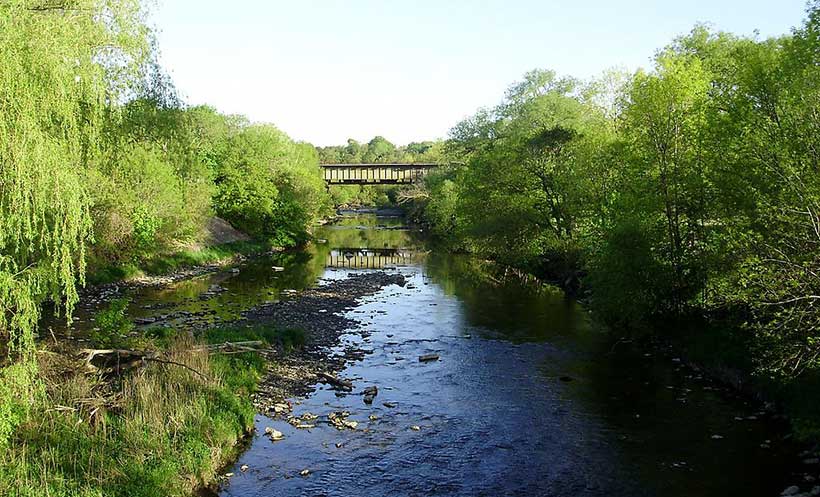Constantly running, leaky, or slow-filling toilets can be annoying. The good news is that many of the most common toilet problems and issues that you can fix yourself. In this article, we discuss some of the most common toilet problems and how to fix them.
The Toilet won’t stop running.
When a toilet is continuously running, water is being wasted by continually pumping through the fill valve. This problem usually originates in the tank.
Open the lid to the tank and flush the toilet to see if the flapper is sealing correctly. If the tank isn’t filling, you may need to replace the flapper – or if the flapper still appears to be in good shape, you might have to replace the whole flush valve assembly.
If the tank is filling as it should and water is going into the overflow tube, then the fill valve may need to be cleaned or replaced. If you can’t fix this immediately, shut off the water to your toilet when it’s not in use, as running toilets can lead to outrageous water bills in Ontario.
The toilet is leaking.
Leaky toilets should be addressed as soon as the leak is noticed in order to prevent them from damaging your flooring. Leaks can come from several areas, so you may have to do a bit of detective work. The following are the most common causes and what to do about leaks.
- Water supply valve – gently tighten the water supply valve. If there is damage to the supply line, you will have to replace the line.
- There is a leak where water comes into the tank – tighten the supply line if necessary. If the supply line is damaged, it will have to be replaced.
- Leak between the tank and the bowl – check to see that tank and bowl are securely bolted together and tighten bolts if necessary. You may need to replace bolts and gaskets. You may need to replace the tank if there are any cracks in the tank.
- Leaks where the toilet meets the floor – For toilet leaks at the base, examine the mounting bolts to see that toilet is in the correct position and adjust if necessary. If the tank is cracked, you may have to replace the tank or the toilet.
The Toilet doesn’t flush properly.
If the toilet is not flushing because it is clogged, turn off the water supply valve and unclog the toilet.
If the toilet is not clogged but still not flushing, check inside the tank to see if the lift handle is attached correctly, and adjust it if necessary. Ensure the flush handle is tight enough, and the flapper is sealing as it should.
If the toilet flushes but not completely – check to ensure there isn’t too much slack in the lift chain and that the flapper is installed correctly.
The Toilet fills slowly.
Ensure the water supply valve is opening correctly and the tank is free of debris.
The Flush handle is stuck or loose.
If the flush handle is stuck in the down position, ensure that the handle mounting is not too tight and gently loosen if necessary. Also, make sure that the chain is attached properly.
If the flush handle is too loose, gently tighten it and ensure no debris or build-up around the bolt.
Finally, while many people are comfortable with DIY toilet repair, we know many are not. If you are unsure of how to fix your toilet or would prefer professional assistance or a new toilet installed, please do not hesitate to contact us. We work in the Etobicoke and Mississauga region of Ontario.

